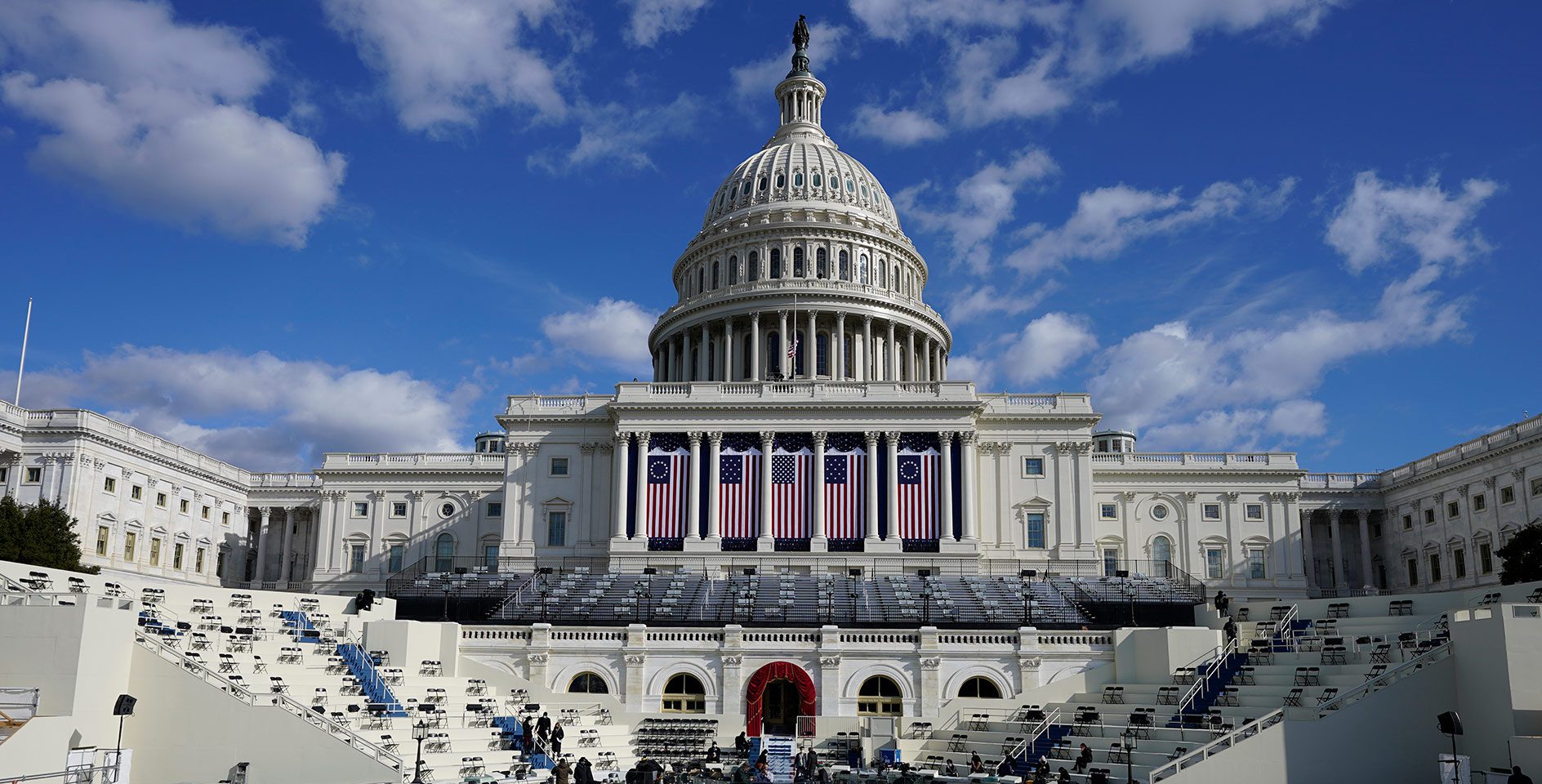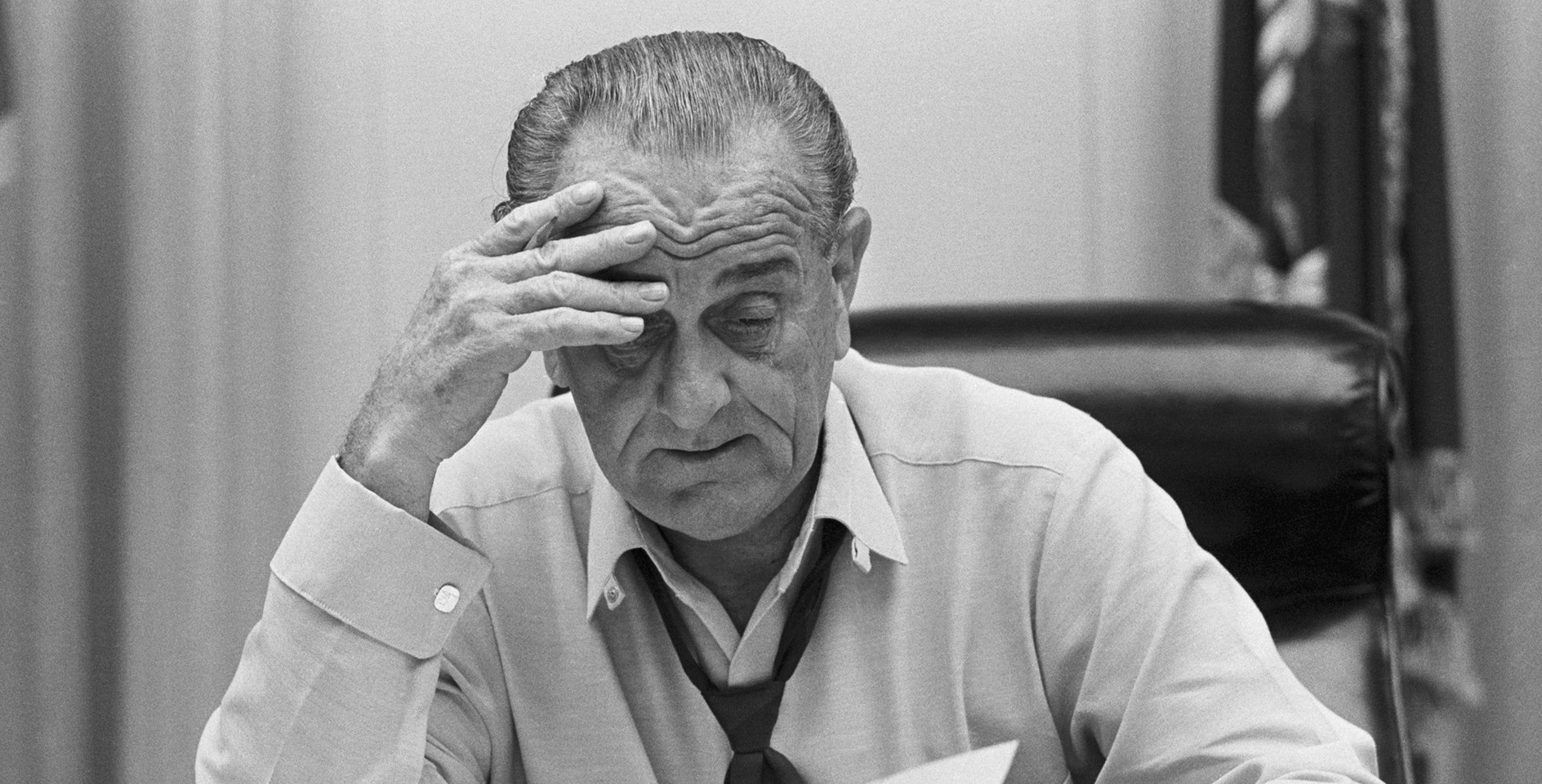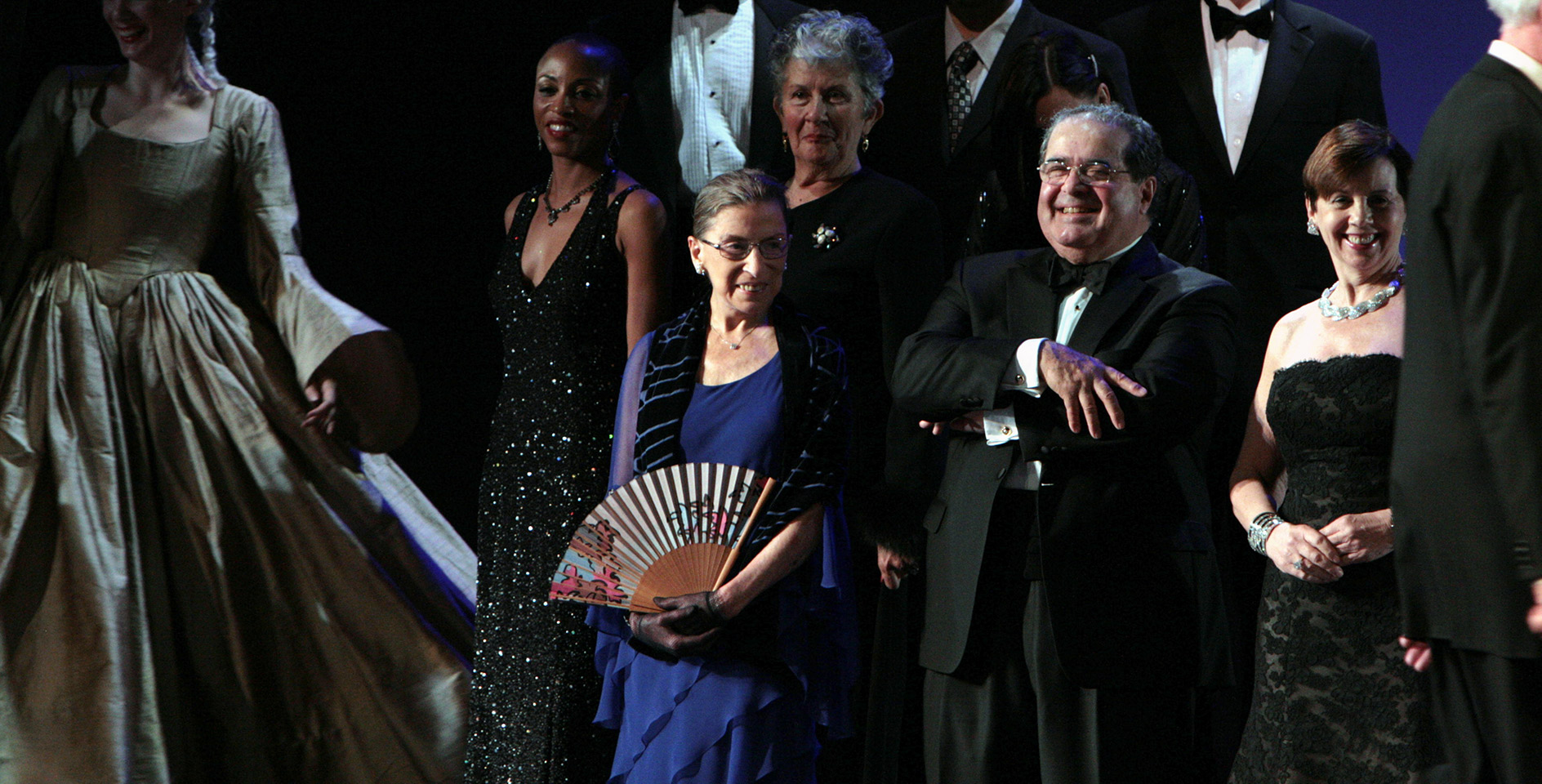I moved to Washington, D.C. four years ago this week. There was an anxious excitement that January as Americans coming and going in the nation’s capital prepared for a new president, new Congress, and a soon-to-be transformed judiciary. Some were enthusiastic and others were worried.
Much has changed since the 20th of January in 2017, but much remains the same. Our country remains deeply divided. The Americans who were eager for the inauguration of the 45th President of the United States are sullen about the 46th. And the inverse is also true.
In 2017, my trek to the National Mall for the Inauguration included dodging the loudest of my fellow citizens’ screams and countless signs of how great America was about to be made again—or how dreadful. Walking in my new city, I felt like a high school kid who moved back to town after a few years away. I recognized the tribal passion but didn’t fit within it. I was, as many young evangelicals have found themselves to be in recent years, politically homeless.
I knew what I believed, what policies required advocacy, both for and against, and that character mattered in leadership. While the state of our politics left much to be desired for a pro-life, pro-refugee evangelical like me, the red, white, and blue flags emblazoned on the U.S. Capitol and down Pennsylvania Avenue that day stirred in me both pride and gratitude.
The day’s events then, just like those we will see again today, remind us of what’s foundational to our country’s system of government. We are a people who are free to vigorously debate the issues because we have maintained a long-treasured peace under the righteous constraints of the rule of law. Elections matter only when we respect them as the way we determine who holds power.
The peaceful transition of power
Every four years, we get to be a part of this remarkable American tradition––the peaceful transition of power. The transition is established in the U.S. Constitution and by the actions of our leaders who, by their submission to the law, constrain partisan passions. What might be most remarkable about the transition is how unremarkable it has been over our country’s long history. Rare is the president who has not attended their successor’s inauguration.
The value of the rule of law can only be understood in contrast with the peril of the rule of man. The rule of man results from our fallen state—it is the system where might makes right. Our system in the U.S., ruled as we are, not by power but by elections conducted and laws passed according to the consent of the people, constrains the powerful, even at times against their will and at odds with their partisan interests. This idea, that a body of just laws ought to constrain us, runs to the very essence of what our union means. Just laws protect the powerless from injustice. For us at the ERLC, this means first and foremost, working through the law to protect the vulnerable, beginning with the unborn, and also the widow, the orphan, the religious minority, and the sojourner.
America’s peaceful transition of power is a ceremony in which our national commitment to the rule of law above the power of man is made most evident. Think about it: this ceremony celebrates the individual holding the most powerful office in our nation, entrusted as the head of government, the head of state, and the commander-in-chief of our armed forces, transferring that awe-inspiring power to someone else.
When President Washington voluntarily gave up the presidency after two terms in office, he began a tradition, now enshrined in the Constitution, to which the world was left in wonderment. This peaceful transfer of power reminds every American watching that the presidency is, above all, a stewardship. And in this stewardship, leaving is just as important as entering. This is a virtue at the heart of our republic.
Sadly, the militarized security surrounding today’s 59th Inauguration of the President of the United States is a stark warning that our experiment in self-government is not guaranteed to last. Only two weeks ago we watched as the resiliency of our democracy was tested by an unimaginable tragedy. January 6 saw seditious riots at the very same building that is today decorated for a ceremony. That violent attempt to forcefully overturn the presidential election on the basis of conspiracy and lies reminded all of us of the threats facing our constitutional order. If we allow partisan passions to undermine faith in our elections, we will eventually replace the rule of law with the rule of man. This is not the way for the people of God, nor for the United States. As Christians in America, let’s consider again that God has always intended for His people to be constrained by a law that stands higher than themselves.
Today marks a moment that merits our appreciation as citizens of this republic, just as it did four years ago, and in 2009 and in 2001 and so on. These occasions in the American story are days we can be grateful for not necessarily because of the politicians involved but because of the laws and traditions created by the Founders that they operate within. Seeking the welfare of the city into which we have been sent as exiles begins anew on days like today when we uphold the traditions of our democracy, respect the rule of law, and protect justice and liberty for all.









